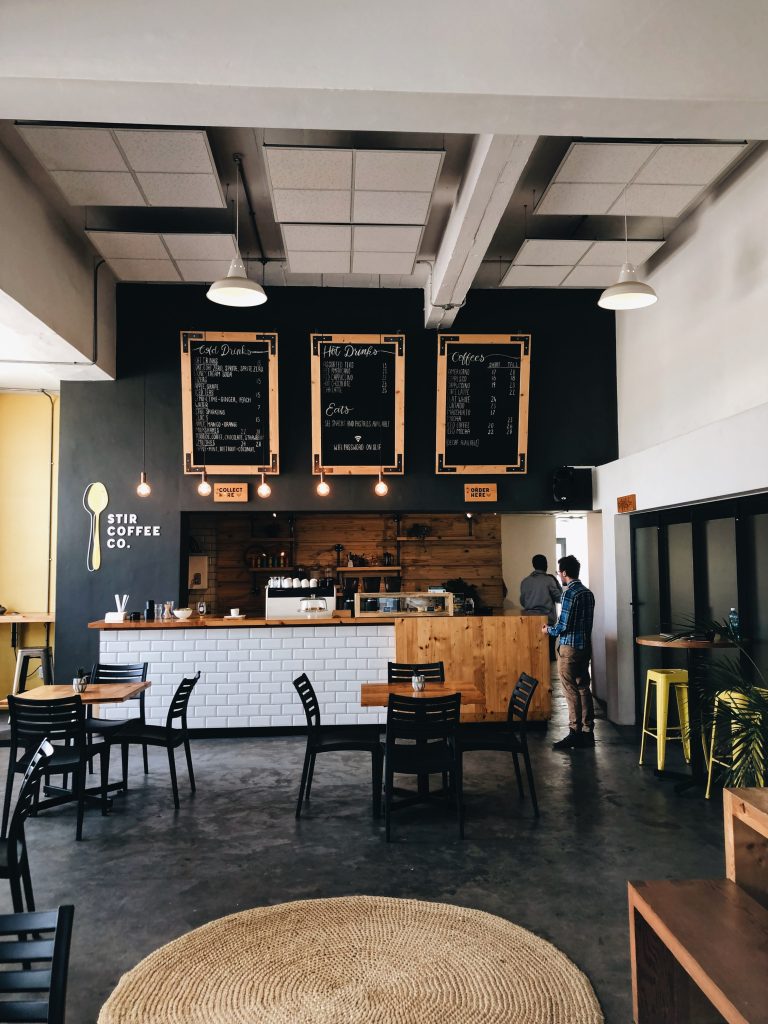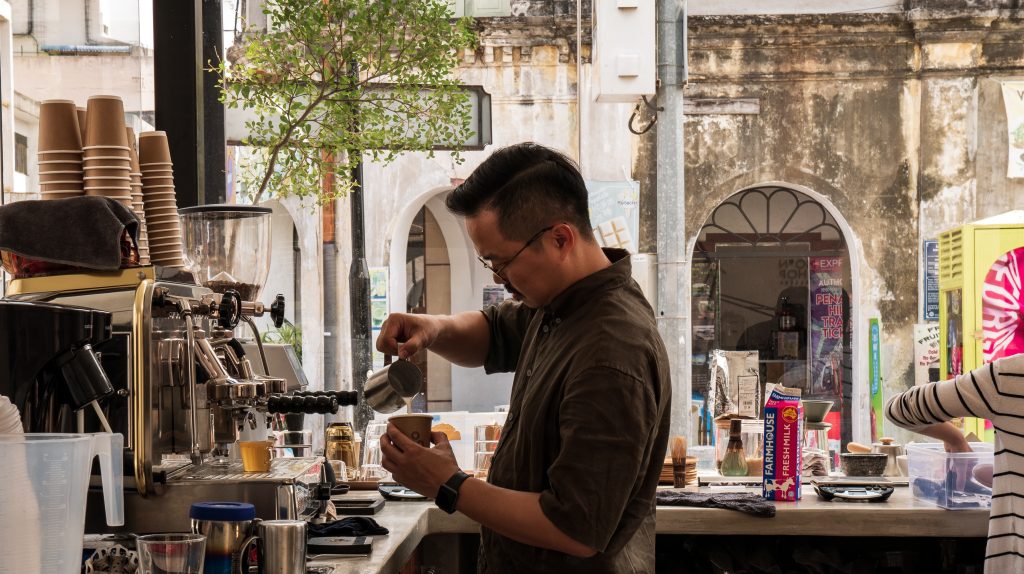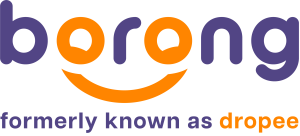Being cafe owners in Malaysia today is no easy feat. What started out as the humble kopitiam has evolved into a plethora of cafes dotting the streets of urban neighbourhoods and tucked-away corners in almost every city.
While international coffee chains such as Starbucks and Coffee Bean have always been able to hold their own, the longing for more artisanal beverages and unique settings has led a growing number of Malaysians to gravitate towards smaller, independent cafes.
But the pandemic quickly took it away. In 2020, cafe owners received a crash course in running a business during the pandemic as COVID-19 hit. In the last two years, many cafes in Malaysia have managed to weather through the storm and are taking modest steps toward recovery while other unsung heroes have had to raise their white flag.
We look at some of the ways to navigate being a cafe owner and how businesses in Malaysia sustained themselves throughout – and after the pandemic.
What Cafe Owners Have Done to Stay Afloat

When COVID-19 was at its peak, cafe owners across Malaysia were forced to close in-door dining. This led businesses to look for new ways to reach their customers but remain COVID-safe. For many, this meant embracing new F&B trends such as in-app ordering, contactless payment, and curbside pickup.
Cafe owners were also affected by changes in consumer requirements. As Malaysians began working from home, spending more time indoors, and preparing their own meals, F&B businesses were forced to adapt their product offerings to fit into these new lifestyles and routines.
Some of the approaches local cafes took include:
Online Deliveries
Food delivery partners such as Grab and Foodpanda became a lifeline for cafes and F&B businesses. Going online meant they could continue servicing their existing customers while expanding their reach to a wider network and gaining new customers in the process.
Pivoting into New Businesses
Many cafe owners found that in order to sustain themselves and stay relevant during the pandemic, they had to shift their business models to respond to new demands and interests. Take for example the Brickhouse Group. The company behind popular cafes such as Pokok KL and The Grounds launched a new business called ELLO! Pita to deliver healthy, convenient, and reasonably priced pita meals to Malaysians during lockdown.
On the other end of the spectrum, cold brew coffee specialists Brew 9 branched out by tapping into the B2B arena. During the MCO, the business found a way to expand its distribution network and reach more customers by partnering with local retailers and selling its range of cold brew coffee in-store.
Developing New Menus to Complement Takeaway Options
The MCO menu became a buzzword amongst F&B players as cafe owners began switching up their menus to meet the expectations of customers relying on takeaways and deliveries. For example, fine dining eatery Japas by Jeff Ramsay created a menu of to-go meals inspired by premium comfort food. The restaurant renowned for its high-end Japanese tapas sent out menu items such as truffle nori fries and wagyu dons to discerning diners looking to elevate their at-home dining experience.
Frozen Meal Kits
By allowing people to re-create their favourite restaurant-quality dishes at home, DIY meal kits injected fun and creativity into lockdown. It also gave customers a break from the perfunctory routine of takeaway meals. Notable cafes in the Klang Valley hopped on this trend. Including VCR who sent out “Home Starter Packs” for their signature big breakfast and Botanica + Co with their Chef Kits – dessert kits containing raw ingredients for banana cakes, chocolate chip cookies, and chocolate pudding.
Five Challenges Faced by Cafe Owners

Cafe owners had to confront new sets of challenges as a result of the pandemic as well as the extended lockdowns. New health and safety measures had to be implemented and businesses had to adjust to government-imposed restrictions. They also had to navigate their way around shifts in customer preferences without losing sight of how to continue to generate revenue and retain their staff.
For many, owning and running your own cafe sounds like a dream. But the reality is that it comes with a steep learning curve. Passion and care are vital but the ability to calculate risk, plan ahead, and adapt to the changing tides will be just as important in determining your success.
Here are some of the most common challenges cafe owners face:
Inventory Management
Restaurant inventory management is often made up of various moving parts that can be difficult to track. Inaccurate stock counts can result in unreliable data while poor overviews of budgets and cash flow can lead to unused and wasted inventory. Things get even more complex when additional sales channels such as delivery and curbside pickup are included. These create additional layers of inventory silos that make it difficult to track orders and manage food costs.
Building a Branding and Marketing Plan
Designing a sustainable and effective marketing plan can be challenging, especially for cafe owners who don’t have the right tools and resources. Lacking a proper strategy can affect a business’s ability to turn a profit, attract new customers, and engage with existing ones.
In a world where customers prioritise connection and personalisation, the inability to maintain visibility over your competitors can overshadow the quality of your food, customer experience, ambience, and more.
Supply Shortages
As more cafes return to full capacity, supply chain issues remain a challenge. Supply chain disruptions made it trickier to obtain essential equipment and raw ingredients, while major spikes in delivery in some parts of the world led to shortages in plastic cups, takeout containers and straws.
The after-effects of border restrictions and nationwide lockdowns can still be felt in the supply chain disruptions affecting the F&B industry. These supply chain issues have led to inventory shortages for raw ingredients, slower delivery times, labour shortages, and rising food costs.
Hiring, Retaining, and Training Staff
The people you employ have a great influence over your customer experience. Covid-19 disrupted F&B in 2020 and made it more difficult for cafe owners to find, retain, and train high-quality workers.
In the past year, employee values have shifted as workers grow more discerning over where they work and how they are treated. Cafe owners need to respond to this and focus more of their efforts on retention and training strategies. This will help you hire long-term employees who will stick around and help you achieve your goals.
Finding the Right Suppliers
Partnering with reliable suppliers is one of the most important parts of being a cafe owner but finding the right one is one of the biggest challenges. Using a platform such as Dropee’s can be useful in minimising the headache that comes with looking for the right wholesale supplier for your cafe business.
Featuring an extensive catalogue of raw ingredients and hundreds of suppliers, Dropee is a partner to more than 50,000 retailers across Malaysia. Not only does it allow you to conduct all of your transactions online, but Dropee also provides flexible payment terms, product recommendations, and much more.
Case Study: VCR Cafe
VCR is one of Klang Valley’s most iconic coffee spots and has been a client of Dropee since its early days. While they may be ahead of the game compared to many of their competitors, they also face various day-to-day challenges that are all too familiar to cafe owners.
This includes working with disorganised manual B2B ordering processes and having difficulty in managing order fulfilment.
Armed with a goal to increase B2B distribution of their own branded goods, VCR partnered with Dropee and within a one month period, were able to increase their sales by 72%. In the following five months, VCR saw a 5x growth in sales and 8x growth in their transactions.
By using Dropee Direct solutions, VCR was able to improve the management of their real-time inventory levels by studying data collected via Dropee’s system. Having a full line of sight of their business processes also allowed them to expand their distribution reach and capture sales more efficiently.
Optimise Your Cafe Business with Dropee
Whether you’re new to the cafe game or are a veteran who wants to streamline your operations, Dropee’s solutions can help you get where you need to be. From inventory and order management to customer analytics, get in touch with us to book a free demo and learn about how we can help you digitise your business.



0 Comments